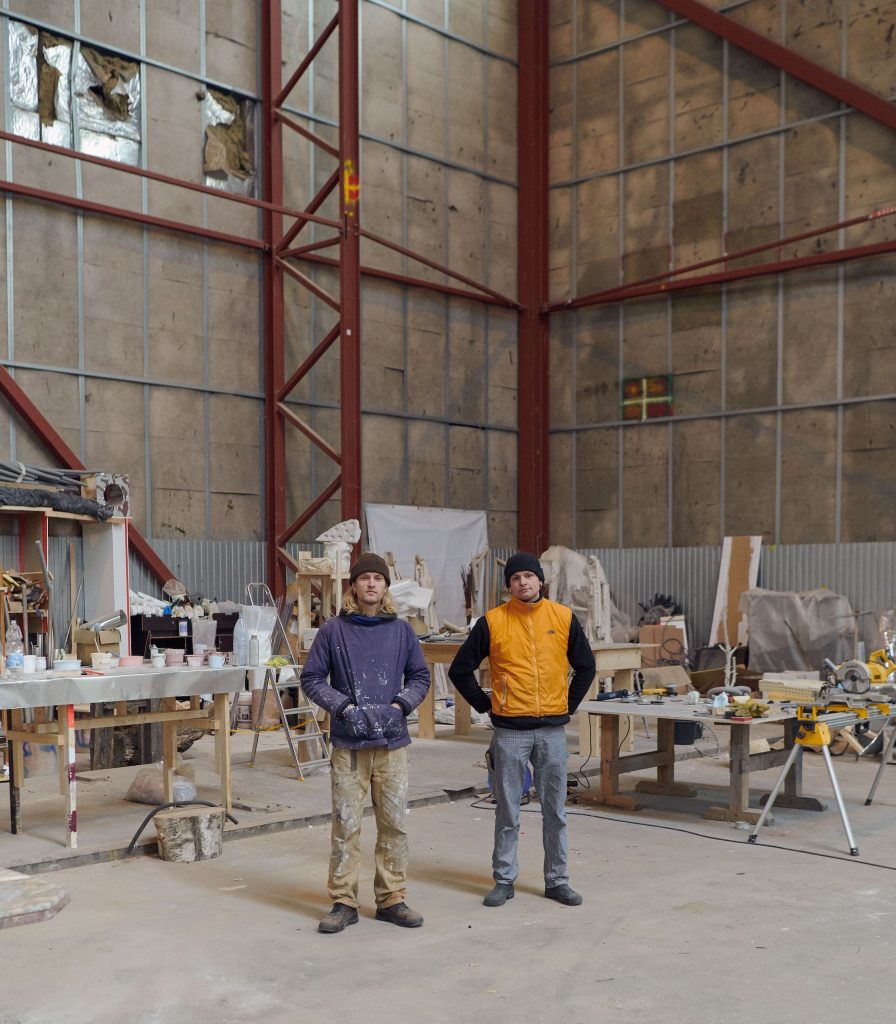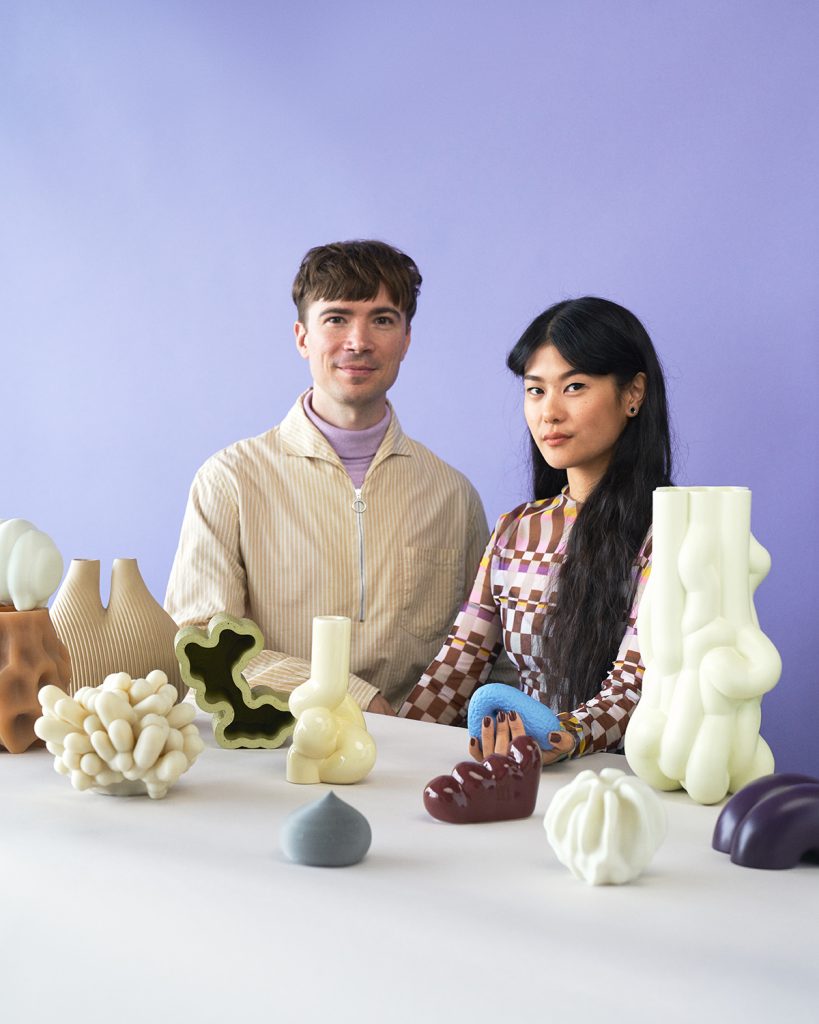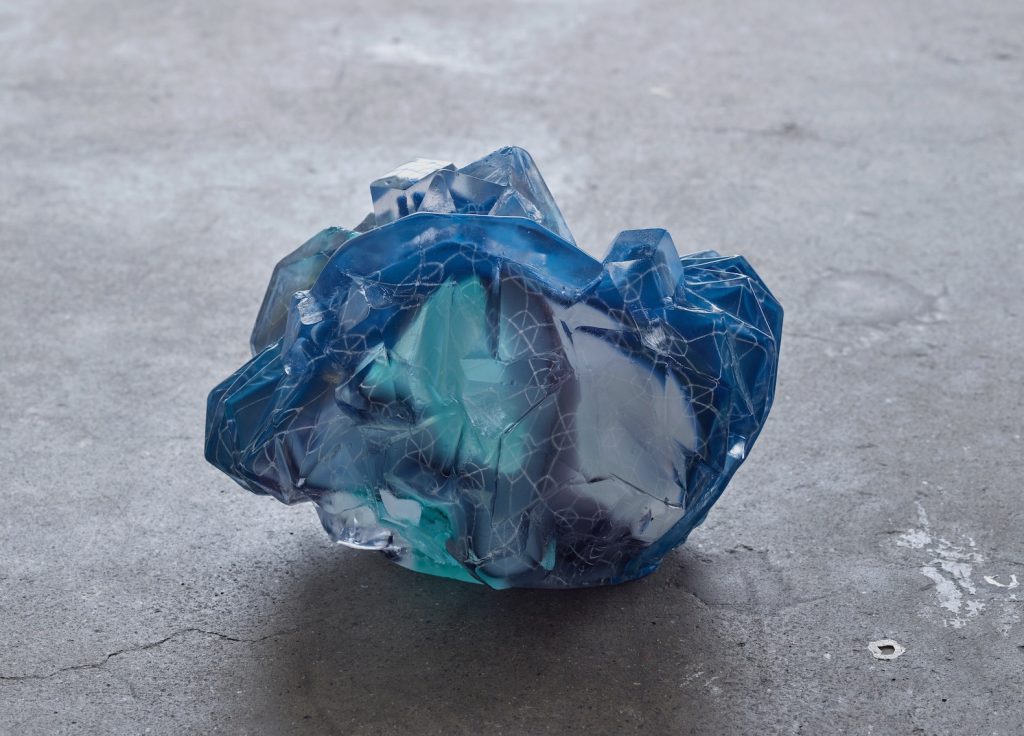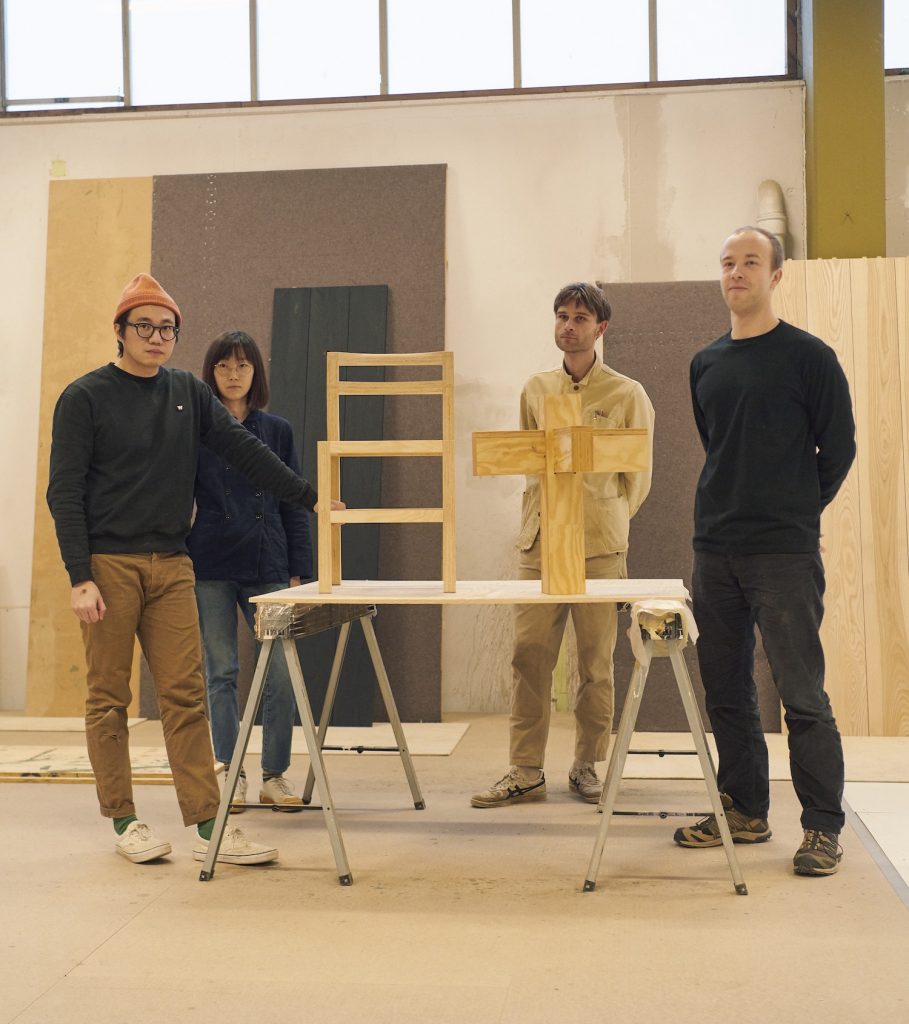Nicolai de Gier on modern craftsmanship “translated from the human hand to the industrial hand”
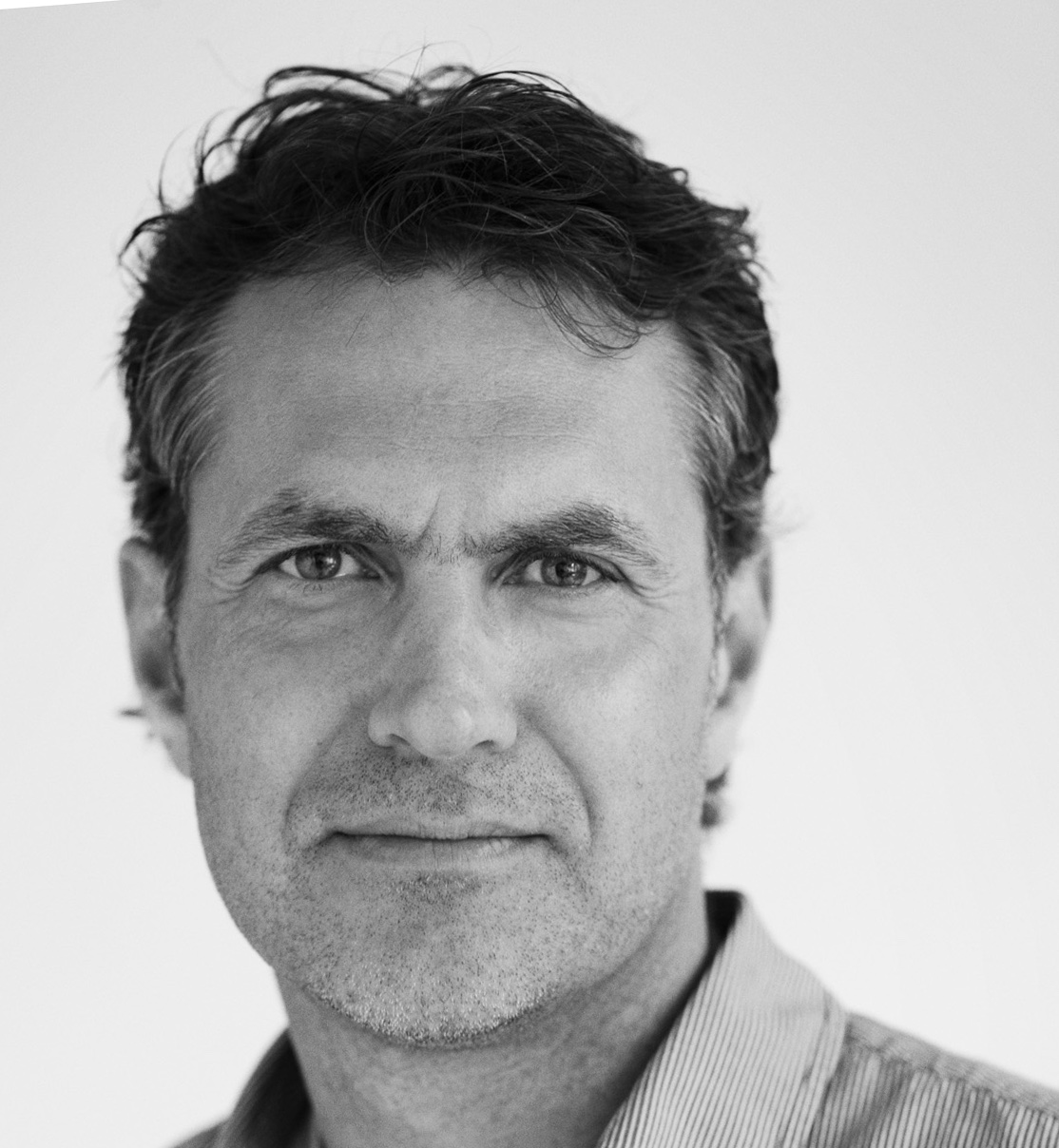
Nicolai de Gier, Head of Furniture and Object Design at the Royal Danish Academy and Design Director at TAKT, is a member of the new Curator Advisory Board for The Mindcraft Project 2021.
Putting words into actions is the simplest way to describe Nicolai de Gier’s approach to design. From his training as a cabinet maker, to spending years mentoring Denmark’s next generation of designers; de Gier’s latest endeavor presents an opportunity to put years of research focused on the design industry into practice. His vision is helping lead the commercial design industry in Denmark towards a more contemporary and sustainable future.
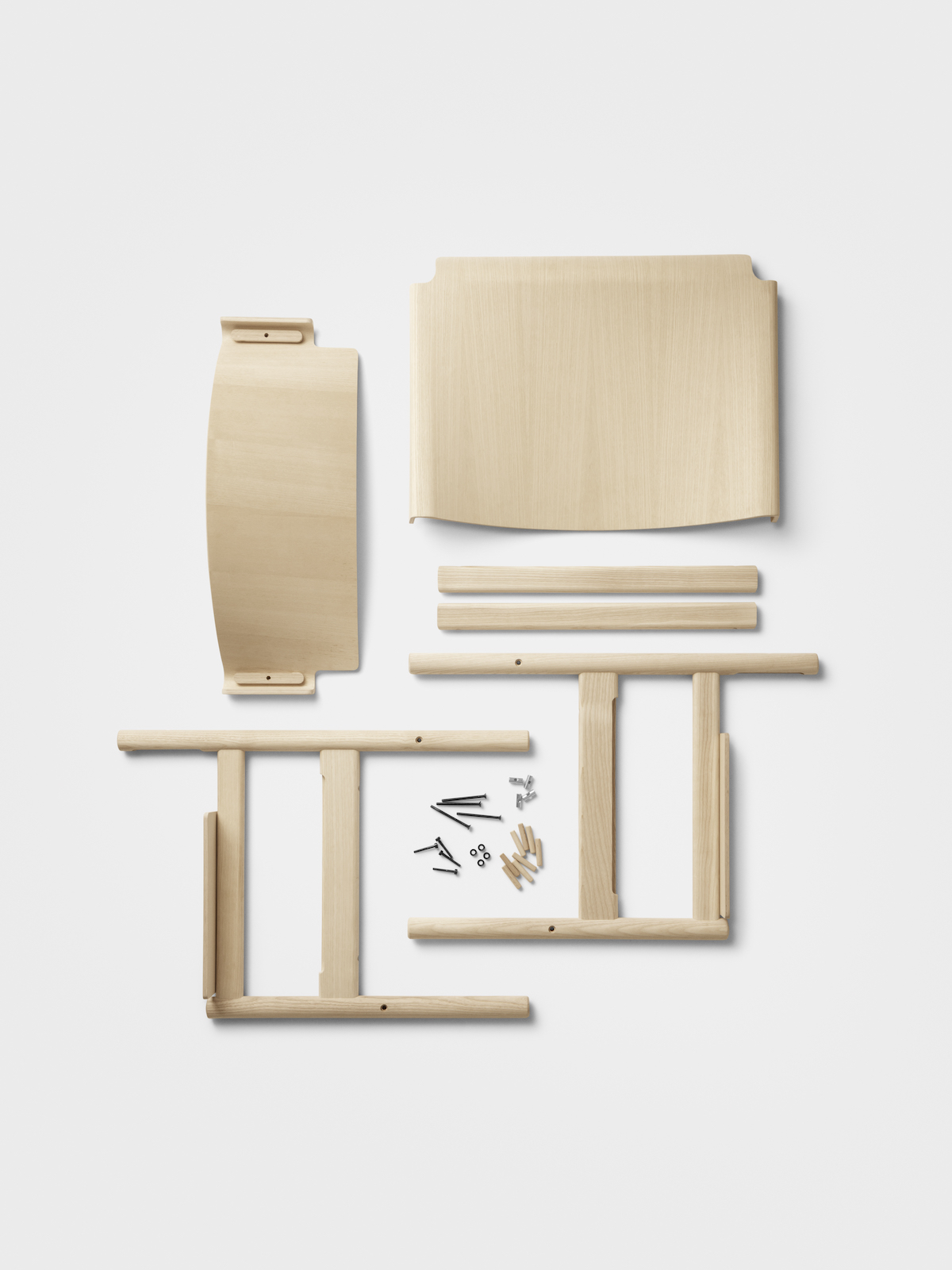
As Head of Furniture and Object Design at the Royal Danish Academy as well as researcher, Nicolai de Gier is in a unique position to speak on the history of Danish design – as well as its future. What he has witnessed in this role is a fundamental shift in the focus of tomorrow’s designers to create a more holistic industry practice, as de Gier explains:
“I think it is very promising to see how many designers actually embrace and engage in some of the larger problems the world is facing… I also see that many younger designers are truly interested in the properties of the materials, and also in craft. For many years industrial production has been the driver, but now there is a tendency to look more to craft to revitalise the production processes.’
New Danish design brand TAKT has taken these ideals – mixing environmental, industrial and craft considerations into a truly cutting-edge approach towards the commercial design sector. The company has allowed – with de Gier as design director, a platform in which to usher in a new model of commerce based around environmental transparency, focusing on the end-user and a product’s life cycle.
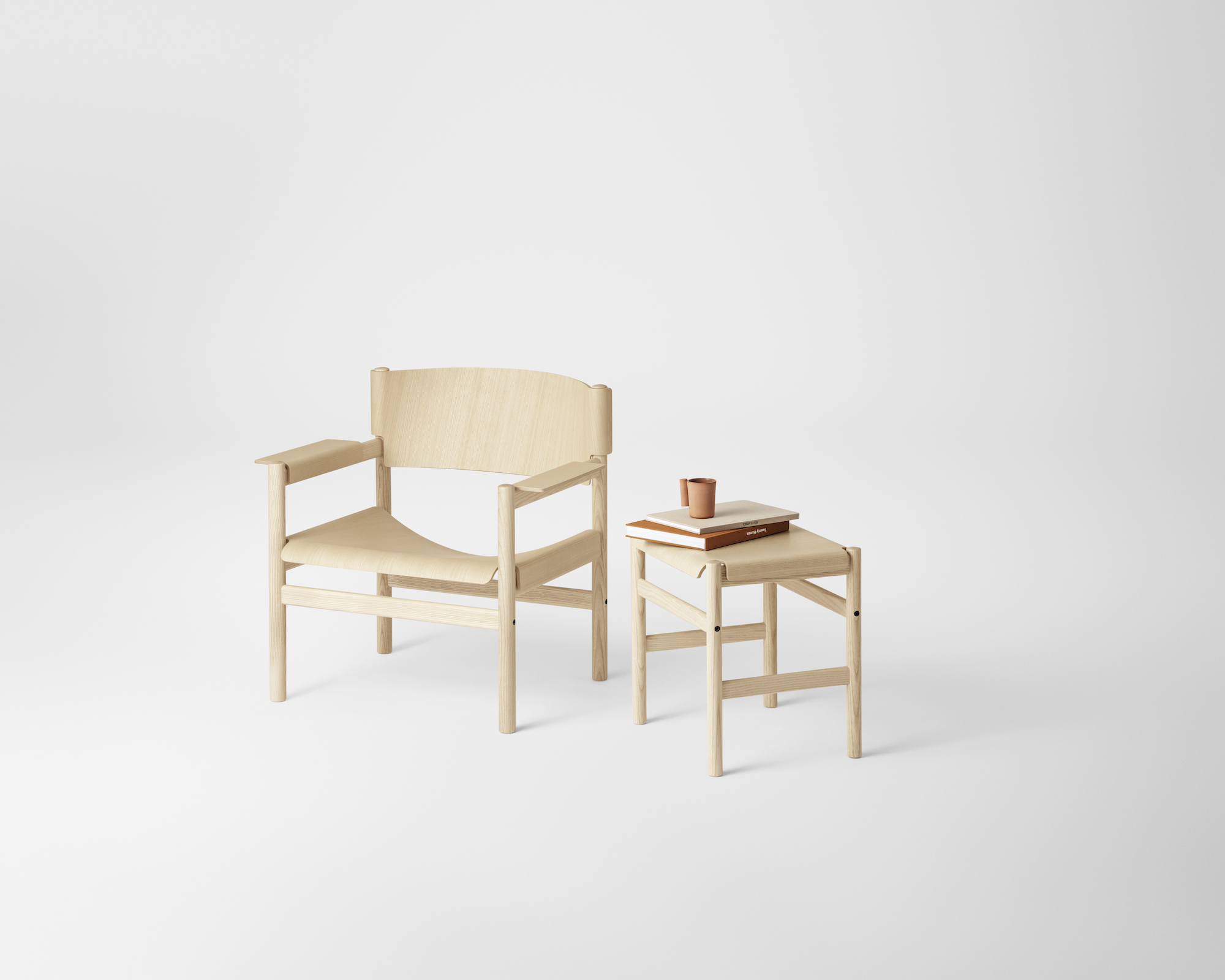
“At TAKT we have a strong focus on what we call modern craftsmanship. Craftsmanship must be translated from the human hand to the industrial hand without losing its core qualities. It requires production with care, professional competency, and respect for the material. This focus, I believe is also the path to longer lasting products.”
It is through a considered approach towards design that has seen TAKT work with some of the world’s leading designers including Pearson Lloyd, Thomas Bentzen and Cecilie Manz [Bentzen and Manz who have also both been part of The Mindcraft Project several years – Ed.], and receive multiple awards including the Dezeen Award for Best Seating in 2020.
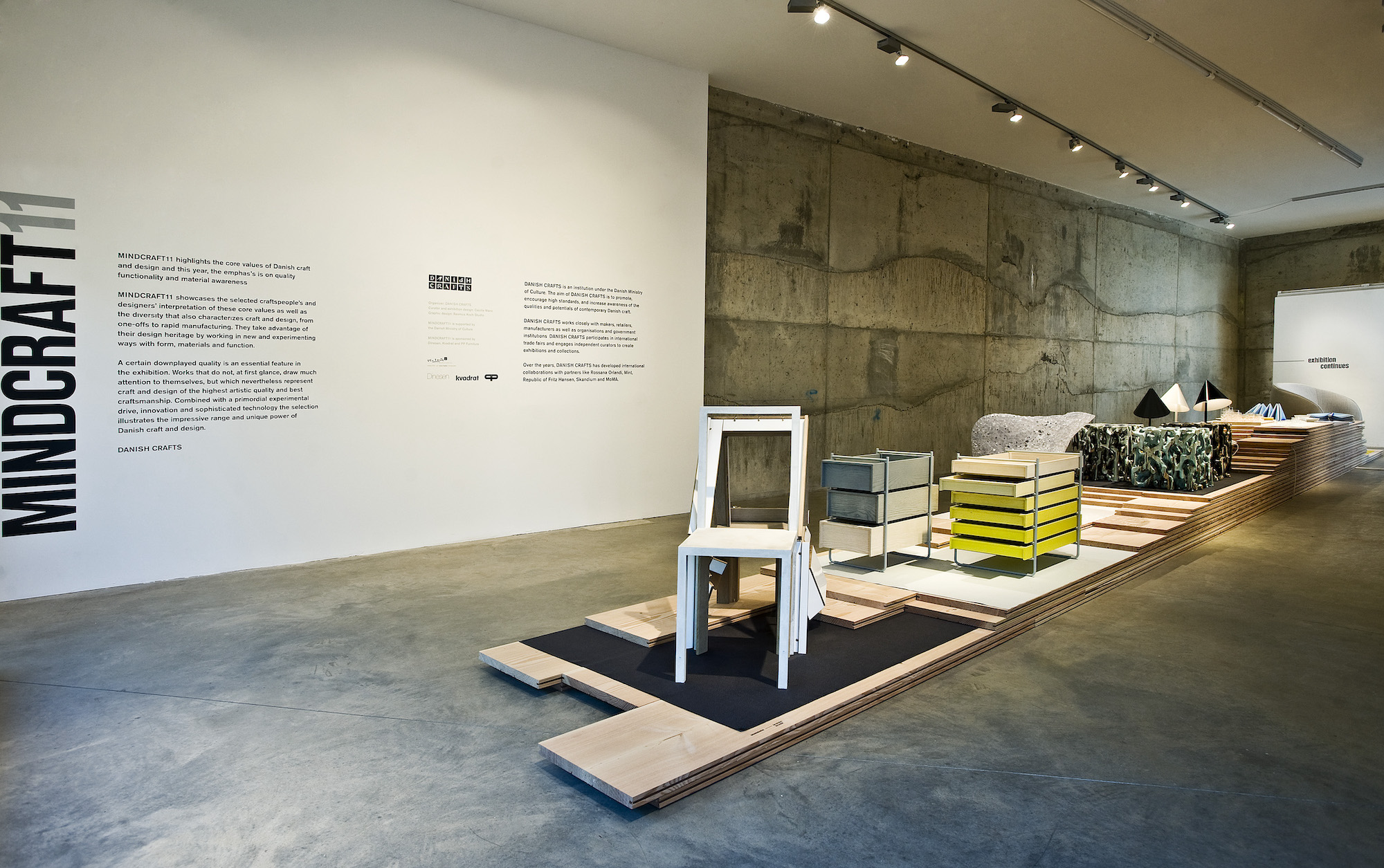
TAKT’s success starts with intelligently designed and highly functional pieces that use a minimum of material, flat pack and can be easily disassembled and recycled. It is their business model of selling direct to the consumer, full environmental transparency and carbon neutrality that has really set TAKT apart from its counterparts. It is with these values that de Gier hopes the future of the Danish design industry is headed.
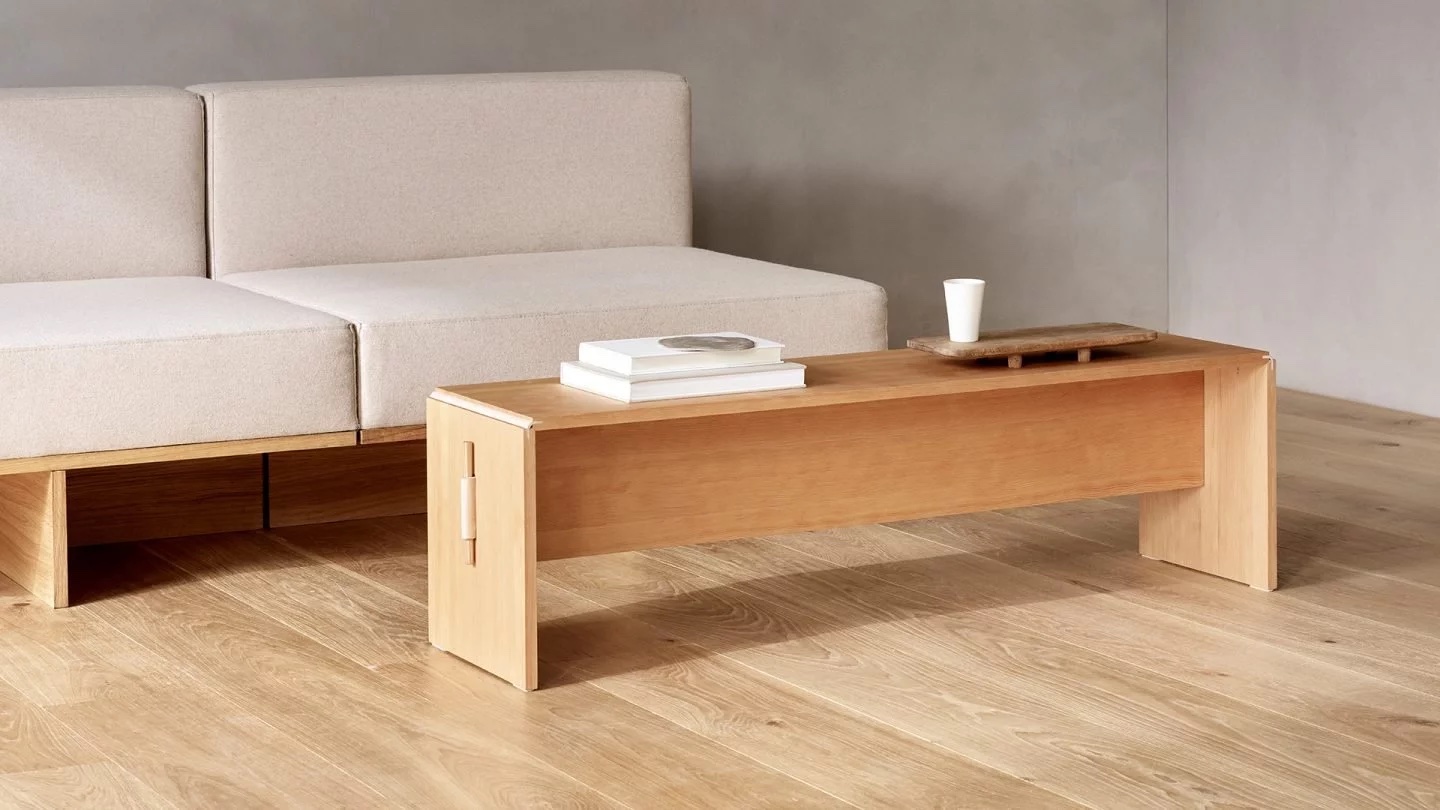
“I think we need a new strong narrative that can reinstate Danish design in a relevant and contemporary global context. A strong ideological superstructure focused around the responsible use of the planet’s resources. Danish design must be a driving force in the green transition supported by strong political initiatives, and this could actually lead to a new type of circular consumption…”
Nicolai de Gier’s varied roles allow him to teach by example. As design director of TAKT he has found a real world incubator for his vision on how the design industry needs to evolve in order to stay relevant into the future. Coupling his work with TAKT alongside his experience in the education sector, de Gier presents a progressive vision of design that is only just beginning to flourish.
